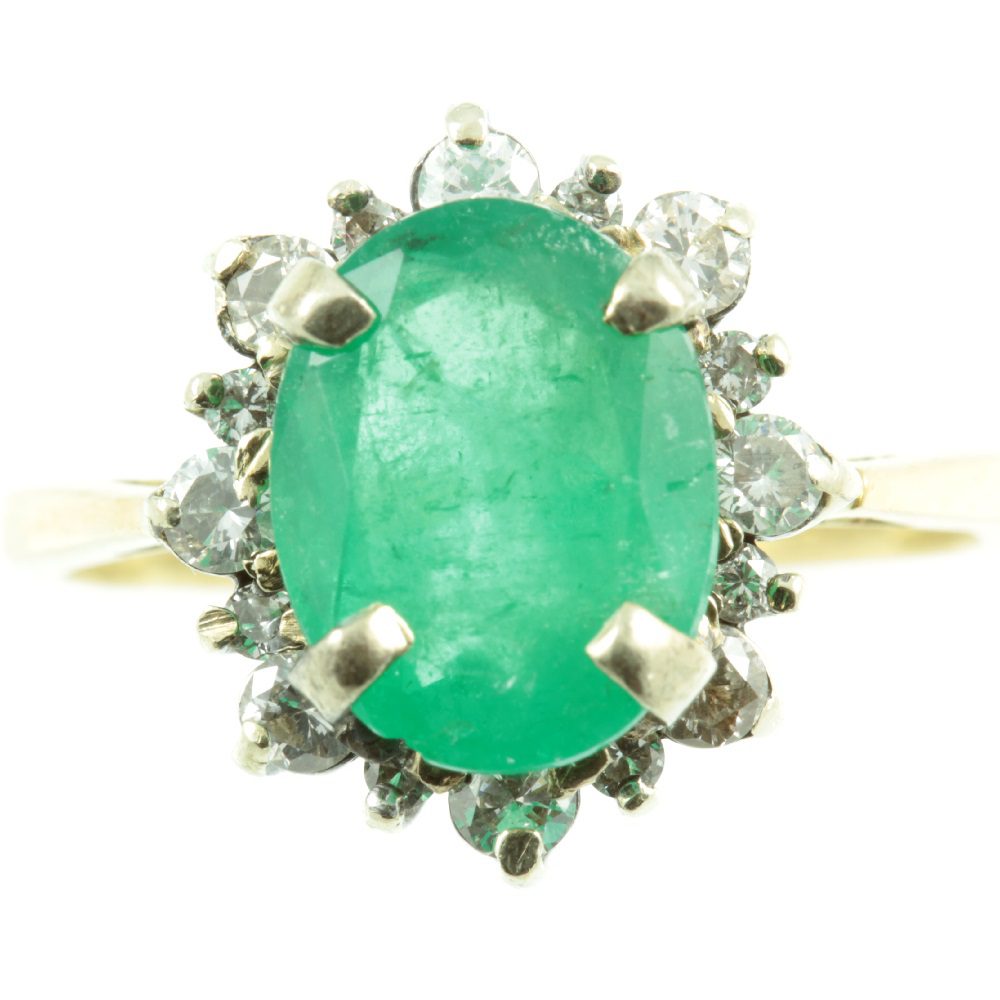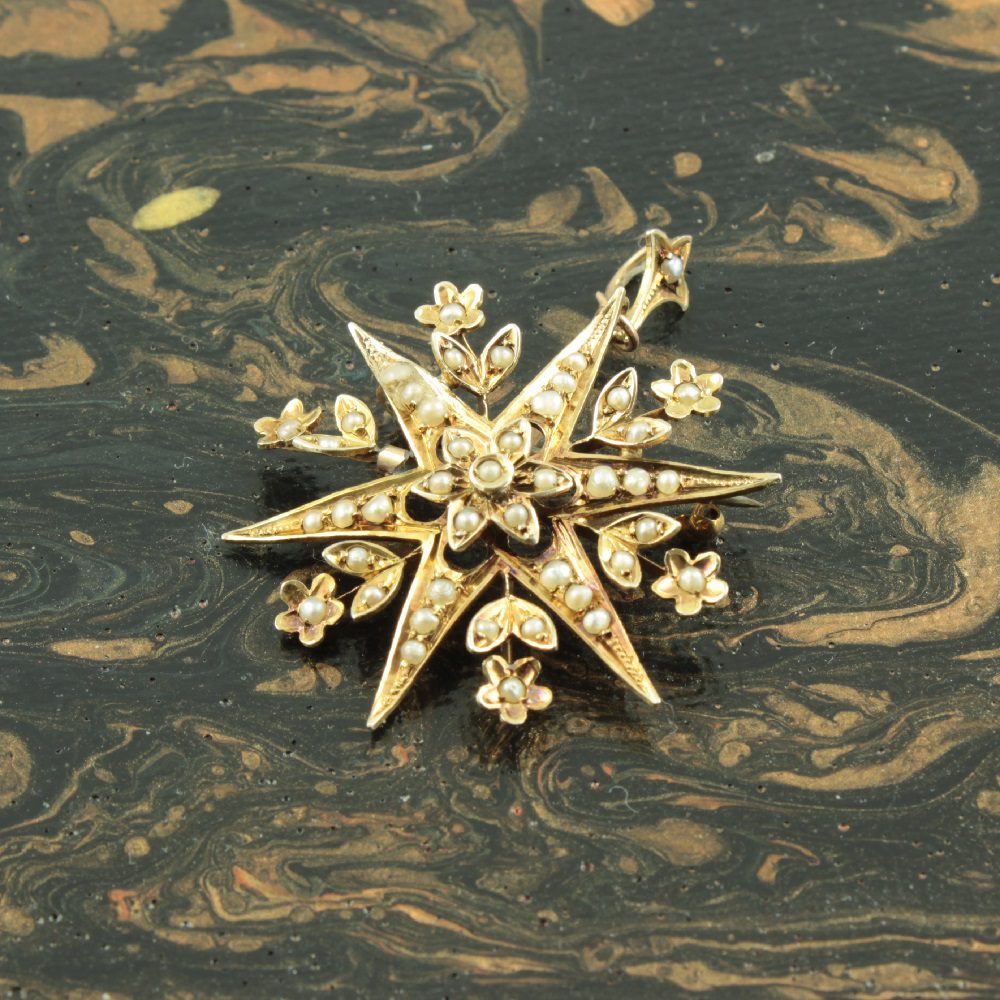I love jewellery and I always have some on, but I particularly love antique jewellery. I love that it usually has some meaning behind it and has been passed on from family members, or it has been bought second hand and has a history and been a part of someone else’s life before it was yours. I love that antique jewellery is unique and often beautifully-made, as well as the sustainability of owning jewellery that has been loved by someone else before.
If you are lucky enough to own some beautiful antique jewellery like that from Carus Jewellery, then you will probably treasure it and want to take care of the unique piece. Whether it has been passed down through generations of your family, or you got it as a special gift or just bought it yourself, it’s important that you look after it so that it stays in good condition for as long as possible. Unlike any costume jewellery you own, you don’t want to be wearing antique jewellery in the shower, to sleep, or leaving it on the side in your bedroom when you do take it off.
Even the most well-made pieces will need some TLC every so often to keep them in good shape. Over time, antique jewellery can start to lose its lustre, especially if you wear it when you are doing household chores. Most items can be cleaned with a bit of non-abrasive cleanser on a soft bristle toothbrush.
However, if your jewellery has diamonds like this beautiful Art Deco Emerald & Diamond Ring, you will want to be careful when cleaning as some products you might use could tarnish precious stones. Also, diamonds attract oils so it is best to take them off when using creams, although you can remove them with ammonia or vinegar-based cleaner.

Extra care needs to be taken with some gems too, but you can check quickly in Google to see whether they can be washed in water safely.
Certain household products could end up damaging your jewellery so you need to be careful what you clean it with. Substances such as Bleach, Acetone, and chlorine can damage the gold in your jewellery and you should also stay away from abrasive products such as toothpaste and powdered cleaners. Soft metals such as gold can easily be scratched when you use harsh products, and you could end up having damaging your precious jewellery. You should also avoid using ultrasonic jewellery cleaning machines, as the vibrations can damage the ring if the settings are loose or of poor quality.
One of the best ways that you can bring back that sparkle to your jewellery is to give it a good soak. Place the jewellery in a small bowl (not a sink!!) with hot water and some washing-up liquid. Leave it to soak for between 20 to 50 minutes, then take a very soft brush and gently clean the surface. Then you need to rinse it under warm water and if the jewellery is still not entirely clean, repeat the process. The technique is efficient at cleaning, for example, a ring which has picked up dirt and grime through cosmetics such as hairspray, perfumes, and lotions.

If a piece of your antique jewellery seems to need more than a simple cleaning, it is best to take it to a professional who has a lot of experience with antiques. Otherwise, you will run the risk of damaging it. If you are active outdoors, and the build-up consists of oils and dirt, then a professional jeweller is the best course of action to bring back the shine to your ring. Look for a professional who has lots of experience and knows what they are doing with your special piece. For example, ultrasonic cleaners are often used on modern jewellery but they can damage fine antique jewellery.
The best way to keep your jewellery in great condition is to make sure that you take good care of it. Make sure that you do not wear your ring when using cleaning products, as well as also removing it when you do any gardening as well as when you go to sleep and in the shower. Salty air can also be damaging to some types of metal so make sure you leave your jewellery at home when you go to the beach (plus you don’t want to lose it in the sand!), and chemicals in swimming pools or hot tubs can damage fine jewellery so take them off at home first.
The notion of wearing your jewellery all of the time is a nice one, but ultimately you will want to make sure that you keep it in great shape for many years to come.
Ideally, you should keep your special pieces in individual pouches or boxes and in a cool, dry place away from direct sunlight. Antique jewellery shouldn’t be all mixed up together as the stones and metal on one piece could damage another.
Examine your antique jewellery regularly to check for any general wear and tear such as loose stones, or broken claws.
If you take good care of your antique jewellery and remove it when you should, as well as give it a gentle clean now and then and check for any loose parts, it should keep in good condition for a long time so you can keep treasuring it or pass it down to a loved one, one day.
Do you have any tips for looking after antique jewellery? Let me know in the comments below.
This is a paid partnership with Carus Jewellery. See my full disclosure policy here.